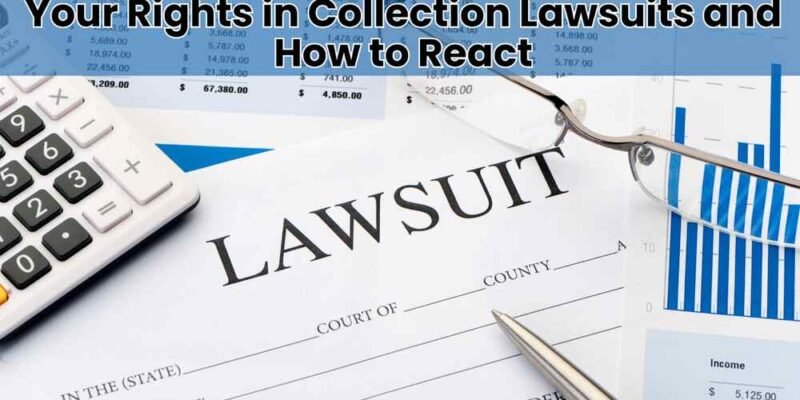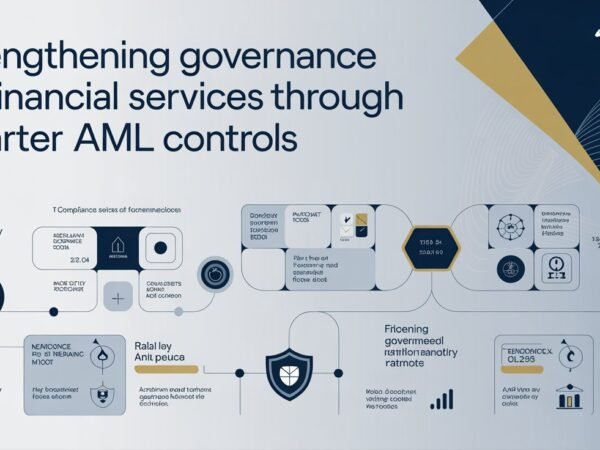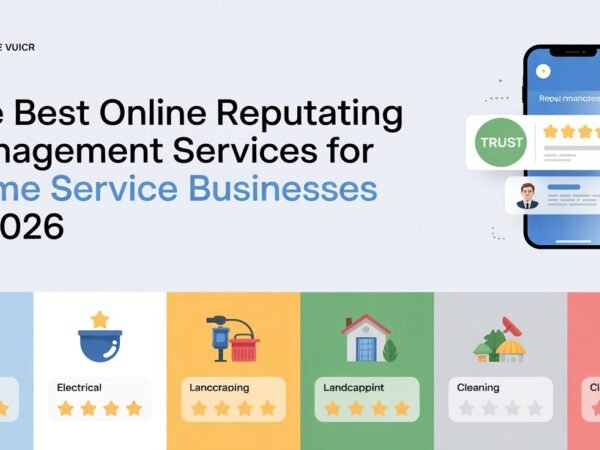Do you feel intimidated by the possibility of a debt collector taking you to court? What should you do if you’re being served with a lawsuit or summons for unpaid debt? Collecting a lawsuit can be pretty confusing and emotional, but you can stop all this anxiety and uncertainty: you have rights. Learn how you should react and what to expect, and you will secure your future financially.
In this blog, we’ll explore your key rights during a collection lawsuit and how to handle it effectively, including actions you can take to protect yourself.
Understanding Debt Collection Lawsuits
A debt collection lawsuit occurs when a creditor or collection agency takes legal action to recover a debt after previous attempts have failed. This situation can be intimidating, but it’s important to remember that you have options. The law provides protection, and understanding your rights is the first step toward handling the situation effectively.
The creditor or collection agency’s goal in filing a lawsuit is to secure a court judgment that allows them to collect the owed money. If successful, this may lead to wage garnishment or property liens. However, strict legal procedures must be followed; failure to do so may allow you to defend yourself.
Understanding how to navigate the legal system and assert your rights is crucial in these cases. Whether the debt is legitimate or has been inaccurately reported, you can take steps to ensure that your rights are protected and that any errors are addressed accordingly.
Midland Funding is a debt buyer that purchases delinquent accounts from creditors and attempts to collect on those debts. If you are involved in a Midland Funding lawsuit, one key right is your ability to request debt validation. The creditor must prove that you owe the debt and that they have the legal right to collect it. Without this proof, the lawsuit could be dismissed.
Your Rights in a Debt Collection Lawsuit
When a collection agency or creditor files a lawsuit against you, you must know you have several necessary rights to protect you from unfair practices. These rights are in place to ensure you’re treated fairly throughout the process.
Right to Notice
Before a creditor can take you to court, they must provide formal notice of the lawsuit. This is usually done through a summons, which officially alerts you to the legal action. If you don’t receive this notice, the lawsuit could be invalid.
Right to Dispute the Debt
You can challenge the debt if you believe it’s not yours or the incorrect amount. The collector must provide evidence that the debt is valid; if they fail, they may lose the case. Feel free to dispute the debt if you need clarification. If you’re dealing with a Midland Funding lawsuit, you can ask for proof of the debt to verify that it’s legitimate.
Right to Fair Treatment
Debt collectors are required to treat you fairly. They are prohibited from harassing, misleading, or threatening you with actions they are not legally allowed to take. The Fair Debt Collection Practices Act (FDCPA) protects you. If a collector violates this law, you can file a complaint with the Consumer Financial Protection Bureau (CFPB) or your state attorney general.
How to Respond to a Lawsuit
Receiving a lawsuit summons is never easy, but how you respond is crucial. If you fail to respond, the court will likely rule in favor of the creditor, resulting in a default judgment.
Read the Summons Carefully
The summons contains essential details about the debt, including the amount owed, the creditor’s name, and the court where the case has been filed. The summons will also specify a date by which you must respond. Missing this deadline can have serious consequences, so acting promptly is vital.
Negotiate a Settlement
If you owe the debt but struggle to pay it, you can negotiate a settlement with the creditor or collection agency. Many creditors prefer to settle out of court to save time and money. Ensure that any agreement is documented in writing, and set up a realistic repayment plan that you can stick to.
Contest the Debt
If you don’t recognize the debt or believe it’s incorrect, you can contest it by filing an “answer” with the court, explaining why you dispute the claim. Providing supporting evidence will strengthen your defense. When facing a Midland Credit Management lawsuit in Texas, contesting the debt’s validity is an essential first step.
Seek Legal Assistance
Handling a debt collection lawsuit without legal knowledge can be complicated. If you need help responding, seeking legal assistance can make a huge difference. A lawyer specializing in consumer debt or credit law can guide you through the process, ensuring you understand your options and protect your rights.
If you cannot afford an attorney, free or low-cost legal services are available, such as nonprofit organizations or legal aid services. Contact these resources to ensure you respond correctly to the lawsuit.
What If I Lose?
If the court rules against you, there could be consequences such as wage garnishment, bank account levies, or property liens. However, even if you lose the case, there may still be ways to minimize the financial impact.
Some states offer exemptions that protect certain assets, such as your home or personal property, from being seized to satisfy a judgment. After making a judgment, you can still negotiate with the creditor or collection agency to create a more manageable payment plan. You may even be able to settle for less than the full amount owed, depending on the circumstances.
Avoiding Future Collection Lawsuits
The best way to avoid a debt collection lawsuit is to stay on top of your financial obligations. Don’t wait for the situation to escalate if you struggle to make payments. Contact your creditors as soon as possible and attempt to work out a payment plan or request temporary relief.
If you are in debt often, consider speaking with a credit counseling service. They can help you manage your finances and create a budget. In some cases, bankruptcy may be the best solution to get a fresh start, but it’s essential to explore all options carefully before making this decision.
Conclusion
A debt collection lawsuit can be intimidating, but it’s important to remember that you have rights. By disputing the debt, seeking legal assistance, and responding to the lawsuit, you can protect yourself and avoid significant financial consequences. Whether you negotiate, contest the debt, or settle, acting promptly and with knowledge is key.
If you need clarification on the process, seek professional help regarding a Midland Credit Management class action or a Midland Funding lawsuit. By staying proactive, you can better navigate these challenging situations and safeguard your financial future.
FAQs
What happens if I don’t respond to a debt collection lawsuit?
If you fail to respond to a lawsuit, the court will likely issue a default judgment in favor of the creditor. The creditor can begin collection actions such as wage garnishment or property liens. It’s crucial to respond within the specified deadline to avoid these consequences.
Can I negotiate a settlement even after a lawsuit is filed?
Yes, even after a lawsuit is filed, you can negotiate a settlement with the creditor or collection agency. Many creditors prefer settling out of court to avoid further legal expenses. Be sure to get a written settlement agreement.
What are the possible consequences if I lose a debt collection lawsuit?
If you lose the lawsuit, the court may grant a judgment against you, which could lead to wage garnishment, bank account levies, or property liens. However, you may still be able to negotiate a payment plan or even reduce the amount owed through settlement.













